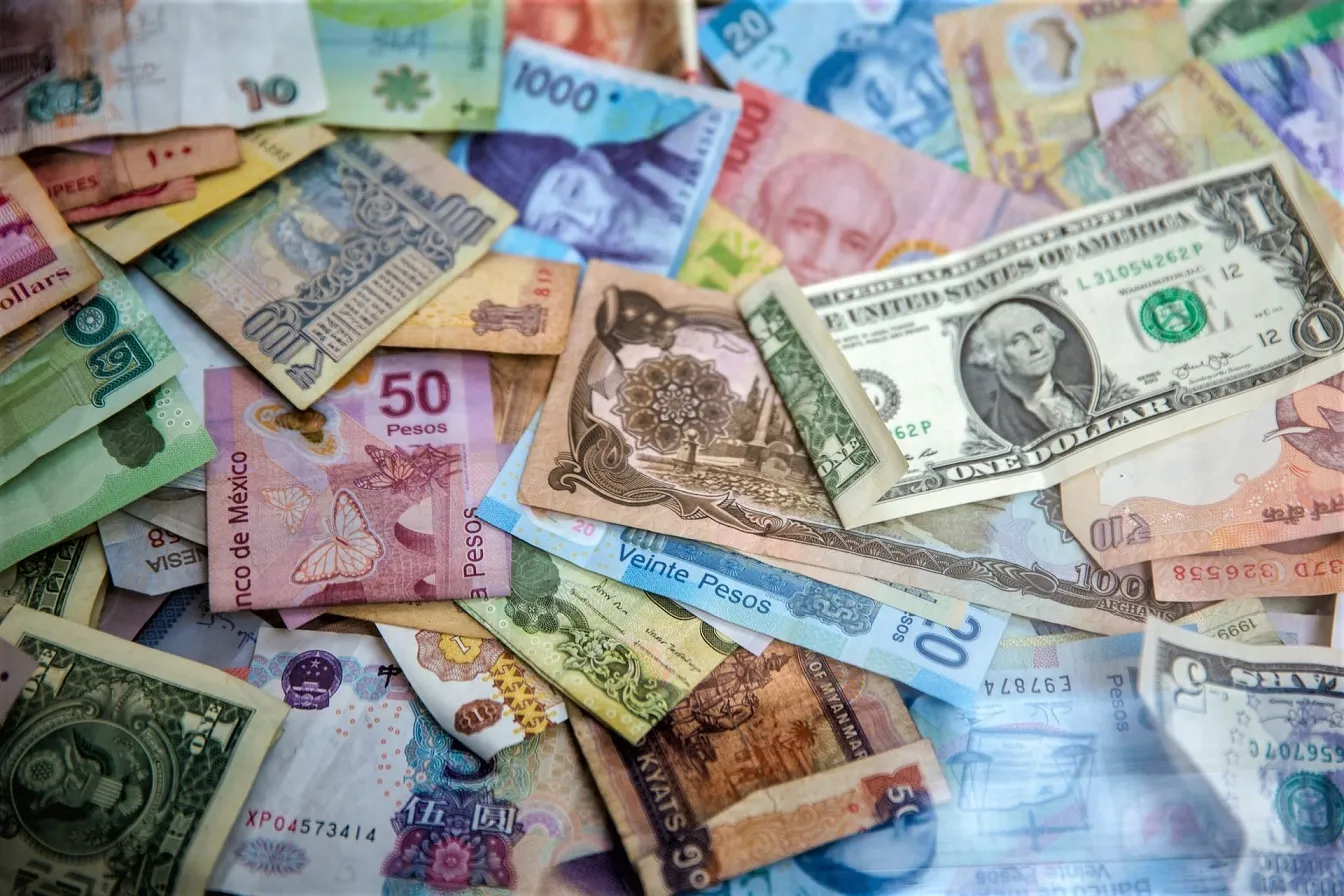Political Finance Database updated: supporting evidence-based debates on money in politics

Essential to political participation and representation, successful or not, are the financial resources and structures supporting it. In order to support evidence-based debates on money in politics, International IDEA’s Political Finance Database provides global political finance data that covers 180 countries with 63 questions. As part of its 2020 update, 45 countries now feature changes which took place before the end of 2019. The countries selected for amendment were done so based on expert inputs combined with internal reviews.
An important part of the 2020 update was the structural revision of the database; reflective reviews were applied to the questions themselves, previously 74 in total. In-practice questions which yielded data that was deemed insufficient for the database’s comparative approach have been dismantled, and the questions renumbered accordingly. During this process, in-depth reviews have also enhanced the consistency of content and coding across the year and country pages.
One important feature the database lies in tracking where and how loopholes in political finance regulation can occur, and in recognizing the trends that may create them. For example, third party spending in elections continues to be an issue in many democracies. At the moment, only 12 per cent of countries have some type of requirement that third parties submit reports on their campaign spending. Another interesting trend is that the number of countries who explicitly regulate online spending during election campaigns has more than doubled since 2018, from 3 per cent to 7 per cent today. This widely unexplored but rapidly growing feature of problematic campaign activities is often linked to third party influence, coupled with an absence of monitoring procedures (see our recent fact sheet for more information on digital threats to political campaigns).
At a national level, the database also sheds light on worrying changes in some countries. For example, Poland underwent substantial changes to their electoral legal framework during 2019 and several in-kind donation categories such as vehicles and venues are no longer prohibited. This change could be exploited to abuse the state resources by political parties and undermine the integrity of political finance systems. This concern is also shared by International IDEA’s Global State of Democracy report in which Poland’s high democratic status scores have been slowly decreasing during the past 10 years, with impartial administration being a weaker area.
Detecting trends can also bring attention to democratic progress, such as the representation and participation of marginalized groups. Today, 17 per cent of countries have direct public funding related to gender equality among candidates. The 2020 update records how Ethiopia, for example, has recently strengthened its legislative requirements that include factors like the number of female leadership positions, female members, as well as disabled candidates in its calculation of the financial support granted to political parties.
International IDEA will continue to maintain and update Political Finance Database on a periodical basis in order to ensure its relevance to the global debate on money in politics. Users are also encouraged to provide suggestions for areas of improvement.





